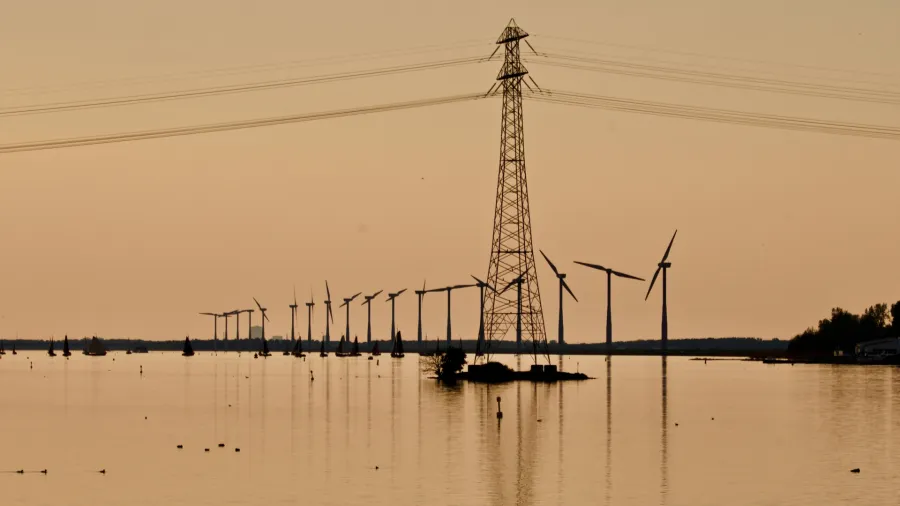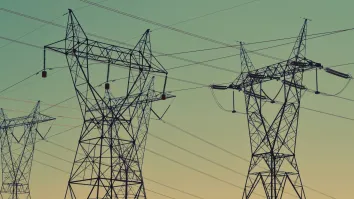
South Korea’s delayed RE deployment could hinder semiconductor, AI industries
Semiconductors alone account for over 20% of the country’s exports.
Renewable energy gaps should be immediately addressed in South Korea to prevent fast growing industries, such as semiconductor and artificial intelligence (AI), from suffering from its consequences, the Institute for Energy Economics and Financial Analysis (IEEFA) said.
According to IEEFA’s report “South Korea’s Economy Risks Missing Out on Global Transition to Renewables,” clean energy sources, such as wind, solar, and conventional hydropower, could meet the additional electricity needs of semiconductor clusters and AI data centres.
Michelle (Chaewon) Kim, IEEFA's energy finance specialist in South Korea and author of the report, also pointed out that global semiconductor buyers are increasingly concerned about their supply chain’s carbon intensity, thus they seek manufacturers who actively reduce their carbon footprint.
“Semiconductors account for over 20% of South Korea’s total exports, so embracing renewable energy is critical to safeguard the country’s economic competitiveness and secure future suppliers and customers within the upstream and downstream supply chains,” she added.
In 2023, South Korea’s renewable energy accounted for only 9.64% of its power generation mix, lagging far behind the 30.25% world average.
The country’s 11th Basic Plan for Long-Term Electricity Supply and Demand (BPLE) outlined that renewable electricity will increase to 21.6% of the power mix by 2030 and 32.9% by 2038.
“This translates to South Korea lagging behind other countries by at least 15 years in reaching the 30% threshold for renewable electricity generation,” said Kim.
She also noted that the 11th BPLE still prioritises fossil fuels, coupled with nuclear generation from speculative Small Modular Reactors, to meet the growing electricity demand from semiconductors and AI.
Instead of expanding its fossil fuel-based power generation, South Korea should focus on tripling its renewable energy by 2030 since this will be critical to meeting the increased demand and fulfilling the country’s COP28 pledge, Kim said.
“By addressing the renewable energy deficit, the country can maintain its global competitiveness,” she said.
Recently, South Korea announced its Offshore Wind Power Competitive Bidding Roadmap that aims to strengthen the country’s efforts in expanding renewable energy distribution and strengthening the supply chain.

















 Advertise
Advertise





